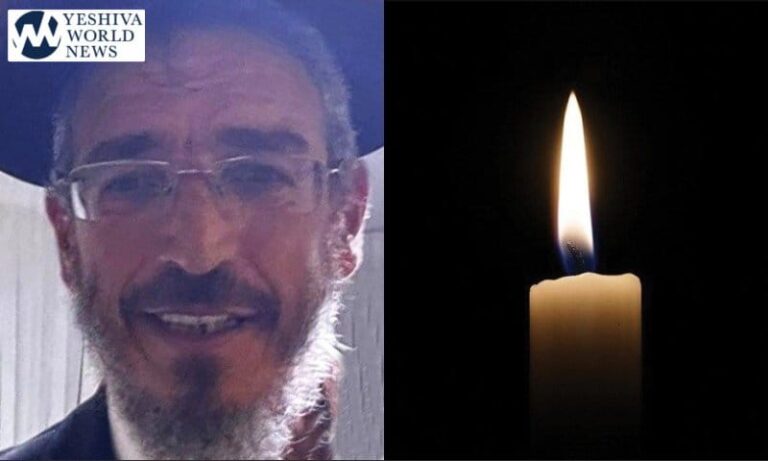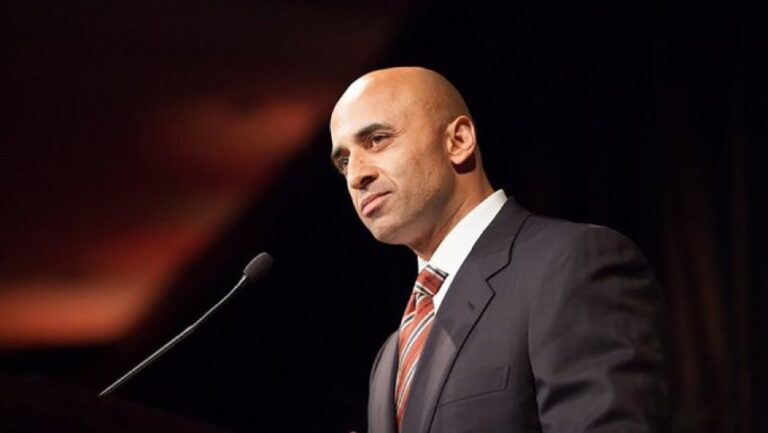 The following is a Politico article:
The following is a Politico article:
At Wednesday’s town hall in Atkinson, Ill., a local farmer who said he grows corn and soybeans expressed his concerns to President Barack Obama about “more rules and regulations” — including those concerning dust, noise and water runoff — that he heard would negatively affect his business.
The president, on day three of his Midwest bus tour, replied: “If you hear something is happening, but it hasn’t happened, don’t always believe what you hear.”
When the room broke into soft laughter, the president added, “No — and I’m serious about that.”
Saying that “folks in Washington” like to get “all ginned up” about things that aren’t necessarily happening (“Look what’s comin’ down the pipe!”), Obama’s advice was simple: “Contact USDA.”
“Talk to them directly. Find out what it is that you’re concerned about,” Obama told the man. “My suspicion is, a lot of times, they’re going to be able to answer your questions and it will turn out that some of your fears are unfounded.”
Call Uncle Sam. Sensible advice, but perhaps the president has forgotten just how difficult it can be for ordinary citizens to get answers from the government.
When this POLITICO reporter decided to take the president’s advice and call the USDA for an answer to the Atkinson town hall attendee’s question, I found myself in a bureaucratic equivalent of hot potato — getting bounced from the feds to Illinois state agriculture officials to the state farm bureau.
Here’s a rundown of what happened when I started by calling the USDA’s general hotline to inquire about information related to the effects of noise and dust pollution rules on Illinois farmers:
Wednesday, 2:40 p.m. ET: After calling the USDA’s main line, I am told to call the Illinois Department of Agriculture. Here, I am patched through to a man who is identified as being in charge of “support services.” I leave a message.
3:53 p.m.: The man calls me back and recommends in a voicemail message that I call the Illinois Farm Bureau — a non-governmental organization.
4:02 p.m.: A woman at the Illinois Farm Bureau connects me to someone in the organization’s government affairs department. That person tells me they “don’t quite know who to refer you to.”
4:06 p.m.: I call the Illinois Department of Agriculture again, letting the person I spoke with earlier know that calling the Illinois Farm Bureau had not been fruitful. He says “those are the kinds of groups that are kind of on top of this or kind of follow things like this. We deal with pesticide here in our bureau.”
“You only deal with pesticides?” I ask.
“We deal with other things … but we mainly deal with pesticides here,” he says, and gives me the phone number for the office of the department’s director, where he says there are “policy people” as well as the director’s staff.
4:10 p.m.: Someone at the director’s office transfers me to the agriculture products inspection department, where a woman says their branch deals with things like animal feed, seed and fertilizer.
“I’m going to transfer you to one of the guys at environmental programs.”
4:15 p.m.: I reach the answering machine at the environmental programs department, and leave a message.
4:57 p.m.: A man from the environmental programs department gets back to me: “I hate to be the regular state worker that’s always accused of passing the buck, but noise and dust regulation would be under our environmental protection agency, rather than the Agriculture Department,” he says, adding that he has forwarded my name and number to the agriculture adviser at IEPA.
On Thursday morning, POLITICO started the hunt for an answer again, this time calling the USDA’s local office in Henry County, Ill., where the town hall took place.
9:42 a.m.: Asked if someone at the office might be able to provide me with the information I requested, the woman on the phone responds, “Not right now. We may have to actually look that up — did you Google this or anything?”
When I say that I’m a reporter and would like to discuss my experience with someone who handles media relations there, I am referred to the USDA’s state office in Champaign. I leave a message there.
10:40 a.m.: A spokeswoman for the Illinois Natural Resources Conservation Service calls me, to whom I explain my multiple attempts on Wednesday and Thursday to retrieve the information I was looking for.
“What I can tell you is our particular agency does not deal with regulations,” she tells me. “We deal with volunteers who voluntarily want to do things. I think the reason you got that response from the Cambridge office is because in regard to noise and dust regulation, we don’t have anything to do with that.”
She adds that the EPA would be more capable of answering questions regarding regulations.
Finally, I call the USDA’s main media relations department, based here in Washington, where I explain to a spokesperson about my failed attempts to obtain an answer to the Illinois farmer’s question. This was their response, via email:
“Secretary Vilsack continues to work closely with members of the Cabinet to help them engage with the agricultural community to ensure that we are separating fact from fiction on regulations because the administration is committed to providing greater certainty for farmers and ranchers. Because the question that was posed did not fall within USDA jurisdiction, it does not provide a fair representation of USDA’s robust efforts to get the right information to our producers throughout the country.”
So, still no answer to the farmer’s question.











9 Responses
YWN – Please, please, please learn how to use apostrophes. Especially when you’re using someone else’s article and merely coming up with your own title.
chad gad yuh, chad gad yuh! i hope some ady theyll get the answer.
Maybe, just maybe, he should try and call the EPA! Three times he was recommended to try that, and the next paragraph begins that he called the USDA again!
In my business, the governmental bureaucratic runaround can be a nightmare. I know this, because I live it on a daily basis. But if he really cared, there is a way to navigate through. And that starts by listening to what they say.
lol
government, running at 5% efficiency. I am surprised, however, that they returned the phone calls right away
Hmmm… Did he try contacting the EPA? I know Obama may have gotten the wrong department, but he was told quite blatantly to call the EPA.
He should have just told them that Obama told him to call and then he would see how fast he got some answers, LOL.
and nobama wants more federal regulations and agencies.
I have to admit that I read this article and laughed, but then when I saw the other posters’ comments, I realized that they were right and the guy WAS told to call EPA but did not. WHY? Because this article as any other article of this type is sheker with an agenda — though I do believe that he would get this kind of runaround when dealing with a bureaucracy, he would eventually get teh answer he needs, albeit after many tries. My comment has to do not with the topic itself but the idea that this article is the yetzer hara called “wasting time” and distracting us from more important thoughts and deeds taht we as Yidden should be focusing on. Just a thought! A Gut Shabbos to all!
Hysterical…but remember this when Politico runs something critical of the GOP, and the YWN lemmings then mouth off about it being a liberal mouthpiece.
BTW, and in agreement with other commenters here, I think that anyone who deals with government regulatory structures on a regular basis (I do)would have seen this as an EPA issue from the get go.